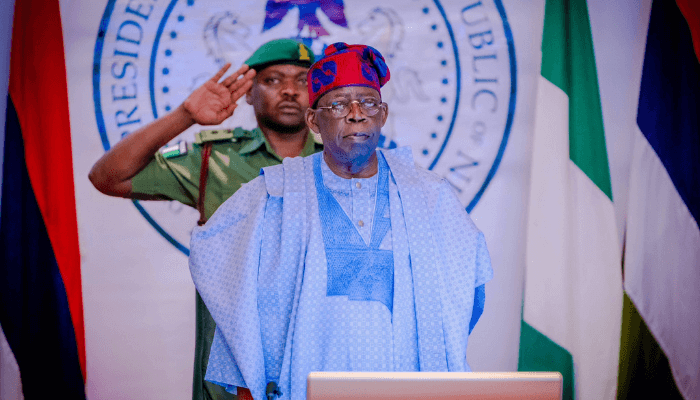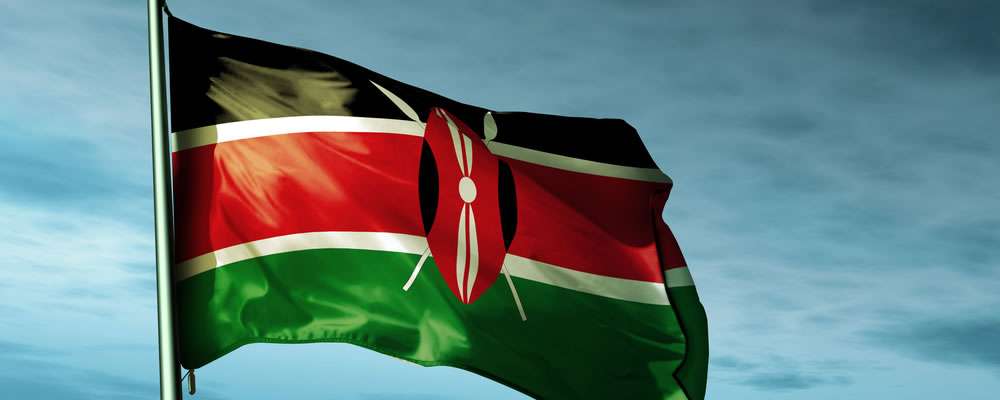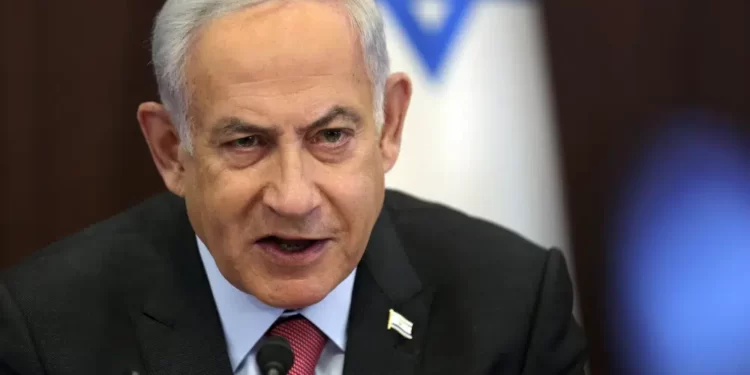The recent escalation in tensions between Iran and Israel, with Iran launching retaliatory attacks on Israel using hundreds of drones and missiles, has prompted calls for restraint from several African countries, including South Africa, Nigeria, and Kenya. These calls reflect the continent’s geopolitical divide between the two feuding states and the broader Middle East.
In response to a threat of a devastating regionwide escalation, multiple African nations have implored Iran and Israel to diffuse and de-escalate the tension.

“The Federal Government of Nigeria joins other Members of the International Community to call on Iran and Israel to exercise restraint, as diplomatic efforts are ongoing to ease tension and avoid a wider conflict in the Middle East. In this critical period, it behoves the two countries to reflect on the universal commitment to peaceful resolution of conflicts, for the advancement of global peace and security.”
Francisca Omayuli, Spokesperson for the Nigerian Ministry of Foreign Affairs
Nigeria’s call for restraint comes amidst diplomatic efforts to ease tensions and prevent a wider conflict in the Middle East.
South Africa has also expressed grave concern over the escalating hostilities in the Middle East, particularly in response to Iran’s retaliatory actions against Israel following Israel’s attacks on Iran’s embassy in Damascus.
The South African government emphasized the need for all parties involved to exercise utmost restraint and avoid any actions that could escalate tensions in the region, which is already considered fragile.
South Africa’s stance aligns with the international community’s call for restraint, as highlighted by the Secretary-General of the United Nations, Antonio Guterres, who warned of a “very real danger of a devastating region-wide escalation.”

“Kenya is deeply concerned by Iran’s attack on the State of Israel. The attack represents a real and present threat to international peace and security, contravenes the Charter of the United Nations, and should be condemned by all peace-loving countries.”
Kenyan Government
Kenyan government described Iran’s aerial attack as an “act of aggression” and urged Israel to show “utmost restraint taking into account the urgent need for all parties to walk away from the brink beyond which recovery will be enormously difficult.”
Iran has blamed Israel for a drone attack on a military workshop in Isfahan, warning of its right to retaliate. This incident marks Iran’s first-ever direct attack on Israeli territory, escalating the conflict and drawing international attention. The United States has pledged “ironclad” backing for Israel, indicating a significant shift in the geopolitical landscape.
The calls for restraint from African countries highlight the continent’s complex relationship with the Middle East, where regional stability is closely intertwined with the broader geopolitical dynamics.
The situation underscores the continent’s geopolitical divide, with some countries aligning with Israel due to historical and strategic ties, while others, including South Africa, Nigeria, and Kenya, have called for restraint, possibly due to their strategic interests or concerns about the potential impact of the conflict on regional stability and security.
The recent escalation in the Israel-Iran conflict, coupled with the potential for cyber warfare, has prompted calls for restraint from African countries. This reflects the continent’s geopolitical divide and the broader implications of the conflict for regional stability and security.
READ ALSO: Ghana’s Performance Tracker: A Double-Edged Sword for the Government





















